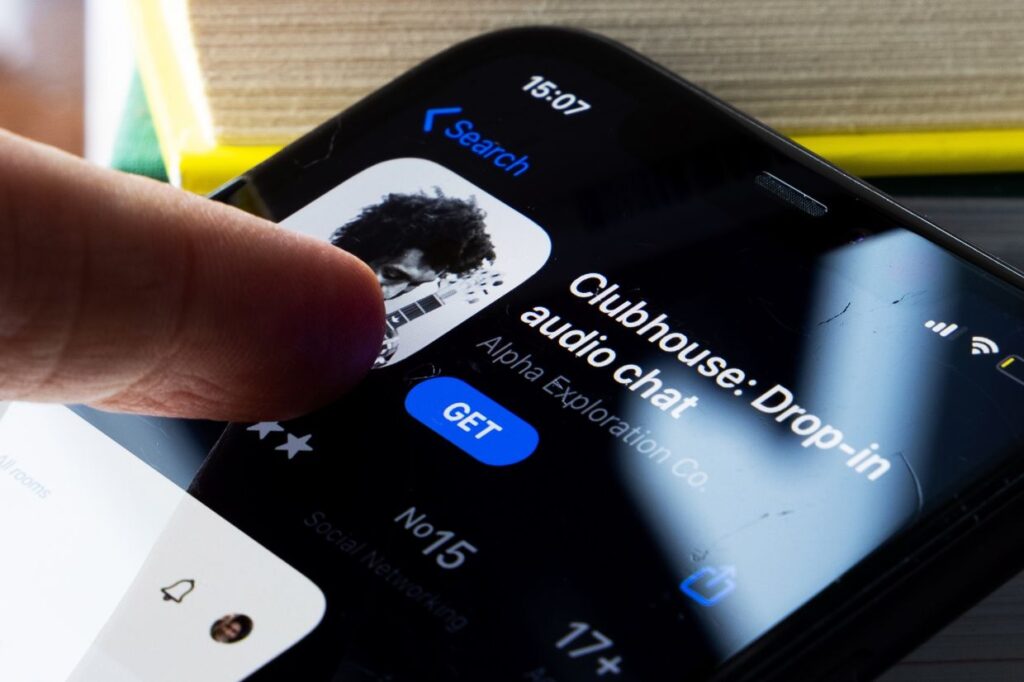Have you heard a lot about Clubhouse?
Similarly to the “Gamestonk” controversy, we can partially blame Elon Musk. A suprise appearance by the world’s (sometimes) richest man in a Clubhouse room in January 2021 brought a lot of attention to the service. In the years since, Bill Gates has also done the same. Read on to learn more about this audio chat application.
So what’s the deal? Here’s the gist: Imagine having an app on your phone that allows you to listen in on other people’s live conversations. They just want their voices to be heard, not in a creepy way. They may even be famous, or at least interesting or knowledgeable (no assurance, though). If so, you might get a chance to chat with them. Imagine it as a social network for audio chats. Jordan Minor asks in our review: “What if Twitter was like a podcast you lived inside of?”
In the peak of the pandemic, the audio-only app Clubhouse generated substantial buzz and garnered a $4 billion valuation. That excitement appears to have subsided in the months since.
Clubhouse Chief Executive Officer Paul Davison spoke to reporters about the company’s red-hot start.

“Boy, I think we grew way, way too fast earlier this year,” Davison said, speaking from a conference held by Goldman Sachs Group Inc. “What we really want to do is be on that path of steady, gradual growth.”
TweetDeck had held talks with Clubhouse for $4 billion in April, it was reported. Andreessen Horowitz led a new round of funding that month, giving Clubhouse a quadruple valuation from January.
Users can create their own online radio shows with Clubhouse. Live chats and interviews can be heard on the show, as well as panel discussions. It has been noted that Elon Musk of Tesla Inc. and Mark Zuckerberg of Facebook Inc. have appeared on the platform, and it has inspired copycat apps.

Clubhouse also sometimes had trouble policing misconduct on the app, drawing accusations that it did not do enough to stop antisemitism and other issues.
Despite the launch of the iOS app on Android platforms in late spring, the company saw a decline in downloads. It still claims to have received more than ten million Android installations since launch.
“The rapid growth of Clubhouse early on really stressed our systems,” Davison said, prompting the company of eight to scramble to hire quickly.

He said Clubhouse is now employing 80 people. Davison also said that “paying creators is something we should absolutely be thinking about.”
Davison said he sees a potential opportunity in people listening to it as they commute, and expects a drop-off in usage once people return to their normal routine.
“We’re finally at the point where we can take a breath and really focus on the long term, focus on steady growth,” Davison said.




